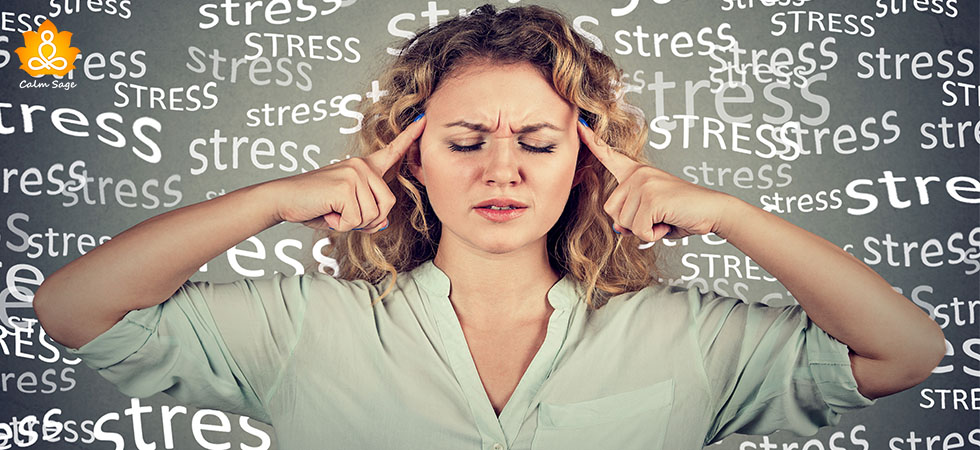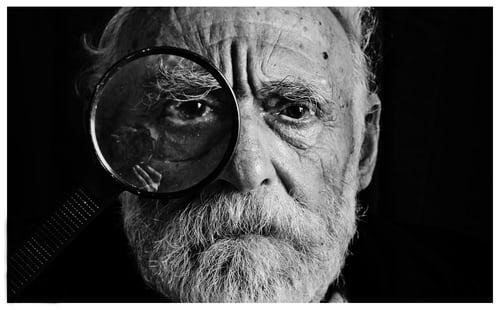Mini-Guide For Acute Stress Disorder

Acute Stress Disorder develops when any traumatic event occurs or anxiety level increases. Acute Stress Disorder (ASD) shows symptoms within 30 days of a traumatic event. ASD can last for three days and can go up to 30 days.
Symptoms of Acute Stress Disorder are similar to the symptoms of Post-traumatic Stress Disorder (PTSD). This blog covers everything you need to know about Acute Stress Disorder in brief.
Causes of Acute Stress Disorder
Any person who has experienced, witnessed, or has confronted a traumatic event can result in Acute Stress Disorder. Traumatic events include horror, helplessness, or extreme phobia or fear. Some common causes of Acute Stress Disorder are:
- Demise of a closed one
- Threat of death
- Threat of serious injury
- Threat for physical integrity
Who are at the risk of having Acute Stress Disorder

Some common points for having the risk of Acute Stress Disorder are:
- Traumatic even or history
- History with PTSD
- History of mental health issues
- History of dissociative symptoms
Symptoms of Acute Stress Disorder:
For better understanding, I have divided the symptoms of Acute Stress Disorder according to the related points and facts:
1. Dissociative Symptoms
- Feeling of numbness, detachment, and emotionally unresponsive
- Reduced awareness
- Derealization (when everything seems to be unreal)
- Depersonalization (when thoughts or emotions does not seem to be real)
- Dissociative amnesia (when important aspects become miserable)
2. Re-experience of the traumatic event
- Having recurring thoughts, nightmares, images, flashbacks, or illusions of the traumatic event
- Thoughts of reliving the traumatic event again and again
- Distressed feeling
3. Avoidance
Re-experience the traumatic event, like:
- Conversations
- People
- Objects
- Places
- Thoughts
- Activities
- Feelings
4. Increased Anxiety or Arousal
- Issues in sleeping properly
- Irritation
- Difficulty in concentration or focus
- Unable to move
- Constantly tensed
- Becoming startled too easily
5. Increased Distress
- Improper working
- Improper lifestyle
- Disorganized work settings
- Incomplete necessary tasks
- Improper diet
Treatment Options for Acute Stress Disorder
1. Psychiatric evaluation of needs

The mental health provider evaluates your mental needs and prescribes a suitable therapy for you. Psychiatric evaluation of needs is the first step towards therapy or treatment of Acute Stress Disorder.
2. Assistance
The mental health providers or therapist observes if you need any physical assistance or not. Assistance comes into the picture when someone’s condition is more severe and they require someone’s support temporarily. Basically, doctors recommend hospitalization; however, it totally depends on the severity.
3. Psychiatric Education
The therapist or mental health provider provides psychiatric education which includes the causes, symptoms, therapies, treatment and everything related to the disorder. The awareness makes the person adjust towards the treatment and self-help.
4. Medication (if needed)
The prescription of medication only happens in severe and uncontrolled situations.
5. Cognitive Behavioral Therapy (CBT)
As the title goes, Cognitive Behavioral Therapy (CBT) works on communication and behavioral symptoms. CBT is known to be the most effective treatment method for Acute Stress Disorder.
6. exposure-based therapies
Exposure-based therapies mean exposing the person towards the fear to overcome it. Prescription of Exposure-based therapies totally depends on the severity of the issue. Basically, imaginal exposure is suggested for traumas, acute stress disorder, and PTSD.
7. Hypnotherapy
Hypnotherapy is used to bring back the person in the present moment. Hypnotherapy for traumas is known to be really effective.
Self-help tips for Overcoming Acute Stress Disorder:
- Take a proper diet.
- Try to pen down or journal your feelings.
- Whenever you feel alone or caught in thoughts, try meditation.
- Exercise daily.
- Try to be more productive.
- Invest your free time in a hobby or creativity.
- Practice mindfulness
- Surround yourself with positivity.
- Take a break and give yourself a small treat.
- Call your friends and watch inspiring movies together.
I hope this blog helps you to understand Acute Stress Disorder. Comment down your queries related to Acute Stress Disorder. For more such content, follow Calm Sage on all social media platforms.
Thanks for reading!





















Yeap It seems I am experiencing ASD